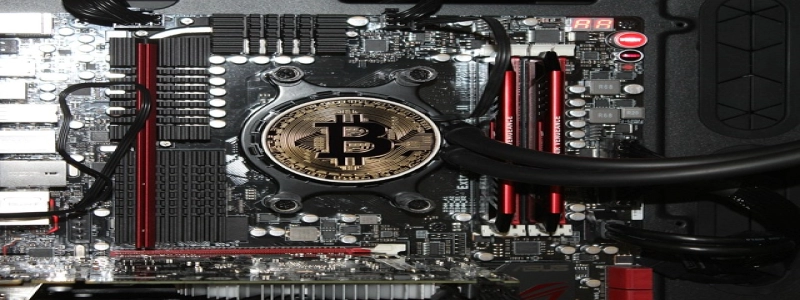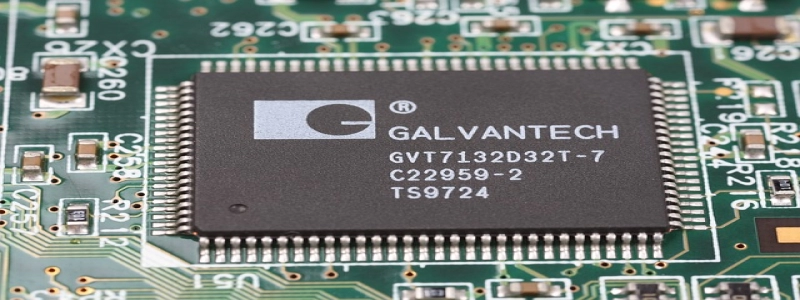Gigabit SFP Cable
Introduction:
In today’s digital era, the need for high-speed and reliable internet connectivity is essential for both personal and professional use. This is where the Gigabit Small Form-factor Pluggable (SFP) cable comes into play. In this article, we will dive into the details of what a Gigabit SFP cable is and why it is a crucial component for high-speed data transmission.
I. What is a Gigabit SFP Cable?
A Gigabit SFP cable, also known as a Gigabit SFP transceiver cable, is a type of optical cable used in computer networking. It is designed to transmit data at Gigabit Ethernet speeds (1,000 Mbps). The SFP cable is a compact, hot-pluggable transceiver module that can be easily connected to switches, routers, and servers without any disruption in network connectivity.
II. Advantages and Features of Gigabit SFP Cable:
1. High-speed Data Transmission: Gigabit SFP cables are capable of transmitting data at lightning-fast speeds of up to 1,000 Mbps, providing an optimal networking experience.
2. Flexibility: The small form-factor of the SFP cable allows for easy installation and removal, making it a versatile option for both short and long-distance connections.
3. Compatibility: Gigabit SFP cables are designed to be used with a variety of networking devices, including switches, routers, and servers. They support multiple protocols, including Ethernet, Fibre Channel, and SONET/SDH.
4. Hot-pluggable: The hot-pluggable nature of the SFP cable means that it can be inserted or removed without powering down the networking equipment. This allows for seamless upgrades or maintenance without interrupting the network.
5. Cost-effective: While Gigabit SFP cables may initially seem more expensive than traditional copper cables, they offer higher data transmission speeds, longer reach, and better signal quality, making them a cost-effective choice in the long run.
III. Applications of Gigabit SFP Cable:
Gigabit SFP cables find applications in a wide range of industries and scenarios, including:
1. Data Centers: In large data centers where high-speed data transmission is critical, Gigabit SFP cables are used to connect servers, switches, and storage systems with minimal loss of data.
2. Telecommunication Networks: Gigabit SFP cables play a crucial role in telecommunications networks, allowing for efficient transmission of voice, data, and video signals over long distances.
3. Enterprise Networks: Businesses rely on Gigabit SFP cables to connect their local area networks (LANs), enabling fast and reliable communication between different departments and offices.
4. Internet Service Providers: ISPs use Gigabit SFP cables to provide high-speed internet connectivity to residential and commercial customers.
Conclusion:
In conclusion, Gigabit SFP cables are essential components in today’s high-speed networking infrastructures. With their ability to transmit data at Gigabit Ethernet speeds, their flexibility, compatibility, and cost-effectiveness, Gigabit SFP cables are the go-to choice for businesses and individuals seeking reliable and fast internet connectivity. Whether in data centers, enterprise networks, or telecommunication networks, Gigabit SFP cables play a vital role in enabling seamless and efficient communication.








